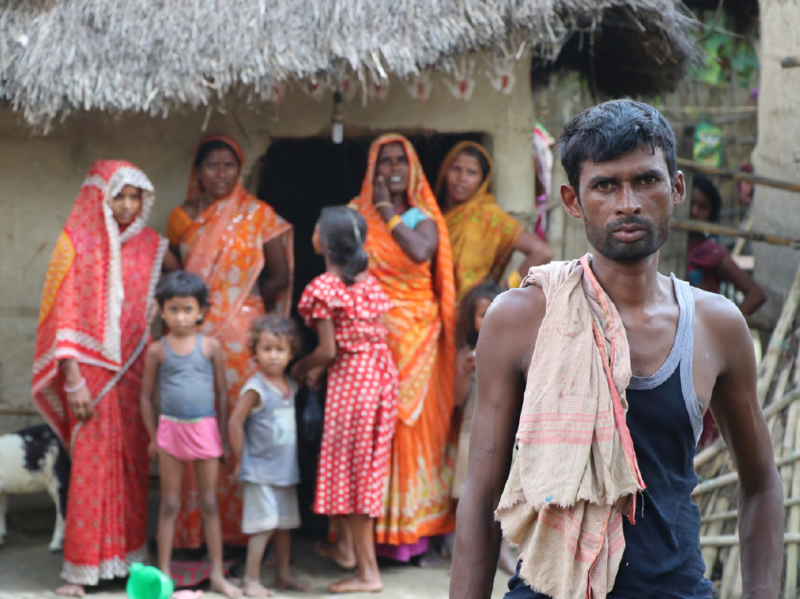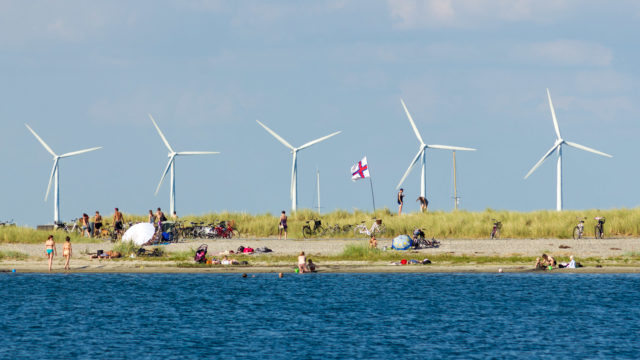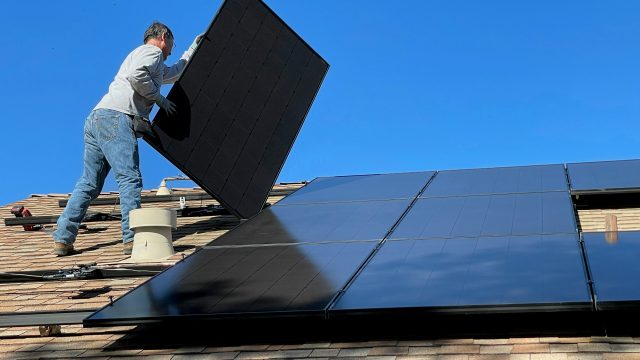Building New Social Contracts: An Overview of Participatory Mechanisms for Economic Governance
Diverse movements are calling for a new social contract – one where people have a voice and stake in the decisions being made in their name

Our new research paper, authored by our outgoing Policy Director Najma Mohamed, explores the potential of participatory mechanisms as a catalyst for deepening the social mandate and boosting the movement for a new social contract for economic reform. It describes key mechanisms that could be employed to engage people in economic governance. And it considers how these mechanisms could amplify and seed a progressive alliance and movement negotiating new social contracts.
The social contract is broken. It is broken for young people who will live with the social and ecological consequences of economic decisions that discount their wellbeing. It is broken for people who continue to go hungry while the world produces enough food to feed humanity. It is broken for Indigenous peoples who steward 80% of the world’s biodiversity and yet remain on the margins of decision-making processes about conservation of nature. And for many others, including those pushed into poverty while wealth is concentrated in the hands of a few, the social contract has always been broken. Governments have largely failed to uphold their end of the social contract: to guarantee safety, offer protection, uphold rights, fight inequality and act in the best interest of all people.
“ Transforming our economic systems is the most ambitious and urgent transformation the world has ever known.”
The COVID-19 pandemic deepened social inequalities and brought the need for a new social contract into sharp focus. It affirmed the importance of trust and trustworthiness of decision makers for the credibility and acceptance of policies by citizens. Yet declining trust in societal institutions and social unrest is growing across the political spectrum. Citizens are challenging the fundamentals of governance systems, policies and institutions which are failing to protect all people. Bigger crises that will require trust in decision-making processes still lie ahead. The most urgent is the ecological and climate crises.
Climate and environment risks make up the core of the global risks that the world faces in next decade. The impacts of climate change are already being felt as heat waves, storms and droughts are more frequent and more intense. The most vulnerable bear the costs of biodiversity loss, pollution and climate change. While our economies are fundamentally underpinned by the stability, health and resilience of ecosystems, nature is disappearing at an alarming rate. We now have a once-in-a-generation opportunity to build a fairer, sustainable and safer world.

Transforming our economic systems is the most ambitious and urgent transformation the world has ever known. But a transition on this scale requires broad and deep social support. Support for rapid and widespread climate actions hinges on public understanding of policy; policies that place the wellbeing of people and the planet, above profit. If trust is the currency of the transition, people should be at the heart of the processes where the terms of economic transitions are being negotiated. Ultimately, we need new social contracts that both give people a say in the economic decisions being made in their name and drive just economic reforms.
“ Unfortunately actions for ambitious economic transformation and the social mandate to drive just climate and environmental action remain few and far between.”
Involving people in reimagining the economies they want and contributing to economic decision making is already happening. South Africa’s Presidential Climate Commission is forging a social compact to integrate the interests and the voices of ordinary citizens in the country’s just transition strategy. Citizens assemblies for climate change have been held across Europe to help shape and build legitimacy for climate policy. And globally, climate litigation has doubled since 2015 with an increasing number of citizens and civil society challenging government and corporate inaction on climate goals and commitments using legal mechanism. These mechanisms are not only testing the temerity of policy ambitions but helping to restore decaying democracies.
Unfortunately actions for ambitious economic transformation and the social mandate to drive just climate and environmental action remain few and far between. In order to restore trust in public institutions and ensure credibility in policy action, participatory mechanisms for deliberation on economic reform is essential. New social contracts for economic reform must deliver zero carbon, nature positive, fairer economies, and just societies. A democratic and intersectional alliance, rooted in active citizen engagement and participation in economic policies and processes at multiple levels, can help drive societal demand for a just and sustainable world. It already is.


